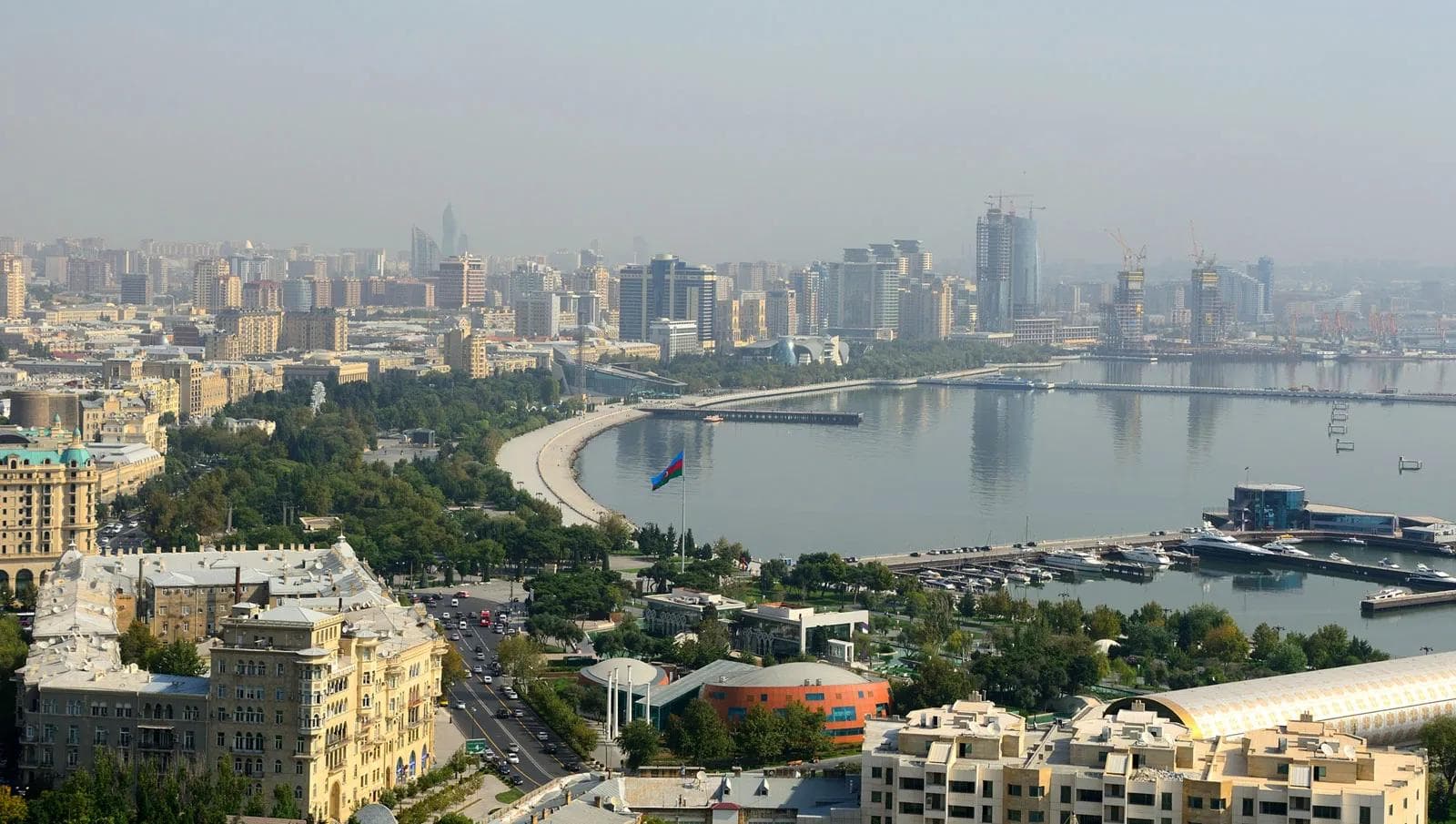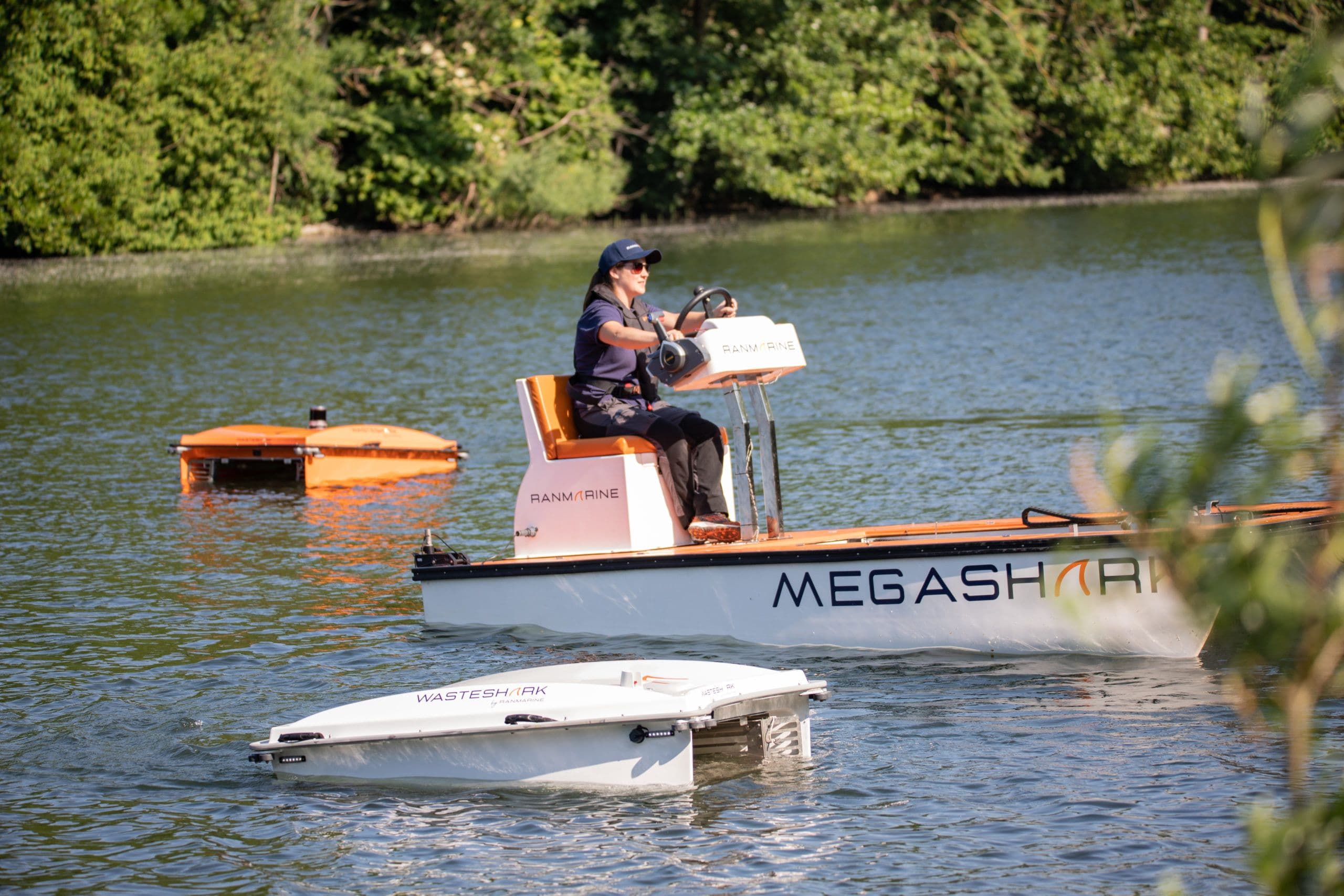Key Takeaways:
- ASCO plans to reduce emissions by upgrading to methanol and electric vessels by 2027
- The fleet overhaul includes phasing out 65 outdated ships and adding 17 efficient new ones


The Azerbaijan Caspian Shipping Company (ASCO) is getting ready to make waves in clean shipping. By 2027, ASCO plans to transition its fleet to methanol and electric-powered vessels, starting with phasing out 65 older ships by 2028.
ASCO’s decarbonization strategy, developed in line with the International Maritime Organization (IMO) targets, is ambitious. It starts with decommissioning older, less efficient ships. This first stage (2024-2027) will take 65 outdated vessels off the water, cutting emissions by about 25%. New replacements, 17 in total, will bring higher capacity and better fuel efficiency, expected to reduce emissions by an additional 9%.
From 2027 to 2030, the fleet will see its first methanol-powered and all-electric ships. Plans include five supply vessels, five passenger ferries, seven methanol tankers, and four electric tugboats. ASCO also aims to upgrade eight vessels for methanol use, which could reduce emissions by another 10%, even as the fleet’s total cargo capacity grows.
Looking further, the goal is to run the entire fleet on alternative fuels by 2040, aiming for a 70%-80% reduction in emissions compared to 2008 levels. By 2050, ASCO hopes to achieve zero-emission operations across its fleet.
ASCO is seeking financial backing to speed up this shift to methanol and electric technology. The current fleet includes tankers, ferries, cargo vessels, ro-ro and ro-pax ships, and handysize bulk carriers, supported by in-house shipyards for maintenance.
